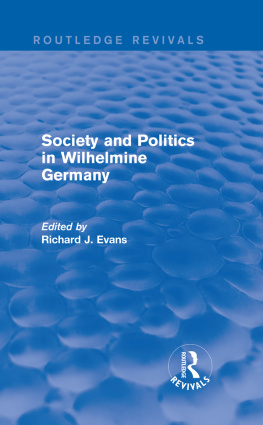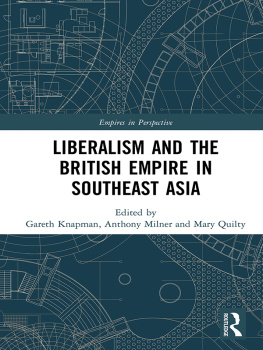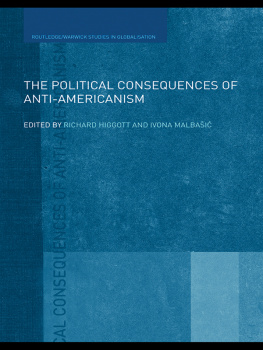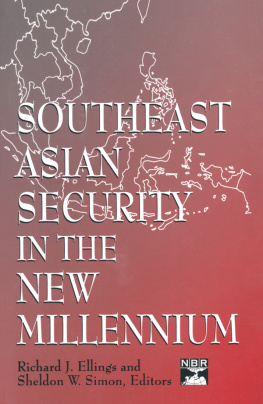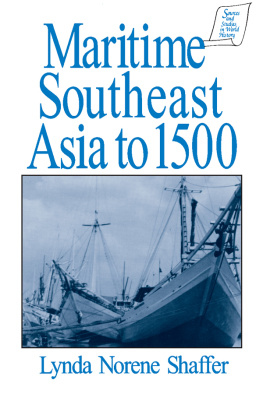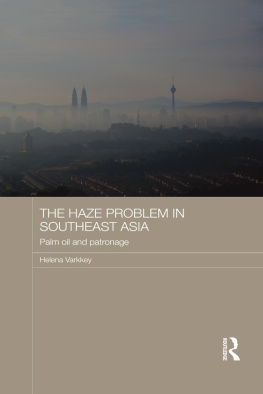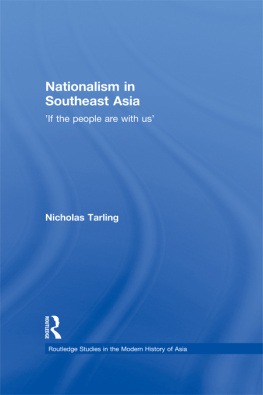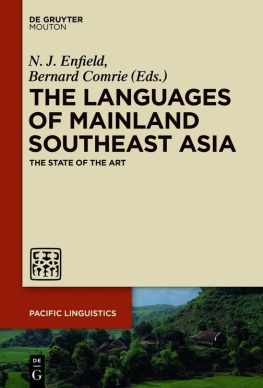Routledge Revivals
Southeast Asia
The articles in this edited collection, first published in 1985, consider the competing theories of the nature of development and under-development in Southeast Asia. Each chapter challenges the academic orthodoxies and dominant traditions of Southeast Asian studies, particularly in relation to orientalist history, behaviourist political science and development economics. Overall, the contributions offer an alternative framework for analysis, which considers the structural changes to the political economy of Southeast Asia, as well as the relationship between the state, economy and class at a domestic level. This is a fascinating collection, of value to students and academics with an interest in Southeast Asian politics, economics and history.
Southeast Asia
Essays in the Political Economy of Structural Change
Edited by
Richard Higgott and Richard Robinson
First published in 1985
by Routledge & Kegan Paul
This edition first published in 2013 by Routledge
2 Park Square, Milton Park, Abingdon, Oxon, OX14 4RN
Simultaneously published in the USA and Canada
by Routledge
711 Third Avenue, New York, NY 10017
Routledge is an imprint of the Taylor & Francis Group, an informa business
Introduction and Chapter 1 1985 Richard Higgott and Richard Robinson
Chapter 3 1982 The Journal of Contemporary Asia
Chapter 11 1985 Richard Robinson
all other material 1985 Routledge & Kegan Paul
All rights reserved. No part of this book may be reprinted or reproduced or utilised in any form or by any electronic, mechanical, or other means, now known or hereafter invented, including photocopying and recording, or in any information storage or retrieval system, without permission in writing from the publishers.
Publishers Note
The publisher has gone to great lengths to ensure the quality of this reprint but points out that some imperfections in the original copies may be apparent.
Disclaimer
The publisher has made every effort to trace copyright holders and welcomes correspondence from those they have been unable to contact.
A Library of Congress record exists under LC control number: 84022860
ISBN 13: 978-0-415-70554-7 (hbk)
ISBN 13: 978-1-315-88586-5 (ebk)
Southeast Asia
ESSAYS IN THE POLITICAL ECONOMY OF STRUCTURAL CHANGE
Edited by
Richard Higgott and Richard Robison
First published in 1985
by Routledge & Kegan Paul plc
14 Leicester Square, London WC2H 7PH, England
9 Park Street, Boston, Mass. 02108, USA and
464 St Kilda Road, Melbourne,
Victoria 3004, Australia,
Broadway House, Newtown Road,
Henley on Thames, Oxon RG9 1EN, England
Set in Century 9 on 11 point
by Columns Ltd, Reading, Berks.
and printed in Great Britain by
St Edmundsbury Press, Bury St Edmunds, Suffolk.
Introduction and Chapter 1 Richard Higgott and Richard Robison 1985;
Chapter 3 The Journal of Contemporary Asia 1982;
Chapter 11 Richard Robison 1985;
all other material Routledge & Kegan Paul 1985
No part of this book may be reproduced in any form without permission from the publisher, except for the quotation of brief passages in criticism
Library of Congress Cataloging in Publication Data
Southeast Asia: essays in the political economy of structural change.
Includes index.
1. Asia, SoutheasternEconomic conditionsAddresses, essays, lectures. 2. Asia, SoutheasternPolitics and governmentAddresses, essays, lectures. 3. Asia, SoutheasternSocial conditionsAddresses, essays, lectures. 4. Asia, SoutheasternForeign economic relationsAddresses, essays, lectures. I. Higgott, Richard A. II. Robison, Richard, 1943-
HC441.S681985338.95984-22860
British Library CIP data also available
ISBN 0-7102-0325-X
ISBN 0-7102-0471-X (pb)
Contents
Richard Higgott and Richard Robison
Richard Higgott and Richard Robison with Kevin J. Hewison and Garry Rodan
Murdoch University
Patrick Sullivan
Australian National University
Martin Brennan
King Alfreds College, Winchester
Carol Warren
Murdoch University
Richard Leaver
Flinders University
Garry Rodan
Murdoch University
Wayne Robinson
University of Waikato
Robyn Lim
University of New South Wales
Robert B. Stauffer
University of Hawaii
Kevin J. Hewison
Murdoch University
Richard Robison
Murdoch University
Richard Higgott and Richard Robison
During the past decade, the Southeast Asian region has entered a new and critical stage of economic, political and social development. This development has been characterised by rapid industrialisation, the emergence of powerful, centralised authoritarian regimes and complex bureaucratic structures together with the accelerated spread of new class relationships in both the town and countryside. The implications of such changes for both the region itself and for its wider economic and political relationships with the rest of the world are enormous. The response of scholarship to these changes, both from within and from outside the region has not, unfortunately, proceeded apace. This becomes particularly apparent when compared with the vigorous and theoretically innovative debates that have been part and parcel of the analysis of change in Latin America since the mid-1960s, and Africa over the last decade.1
This relative failure of Southeast Asian scholarship to take up the theoretical challenge presented by the dramatic transformations in the region is largely the consequence, we will try to suggest, of the extraordinary influence of positivist and empiricist traditions upon Southeast Asian studies. Such traditions, which have tended to constitute an orthodoxy, have been constituted by an amalgam of orientalist history, behaviouralism and structural-functional social science. For a variety of reasons, but largely because they have studiously denied the existence of a theoretical or ideological framework to their own corpus of knowledge, these traditions have failed to generate a process of continuing and conscious theoretical reflection and debate. Consequently, disputes and debates within these orthodoxies have centred more or less exclusively on questions of factual accuracy and the interpretation of events rather than questions of epistemology or ideology.2
These orthodoxies do, however, have quite clear theoretical and ideological dimensions just the same as any other intellectual tradition, such as Marxism for example. But because these dimensions have generally been unstated, unacknowledged, or even unconscious, the theoretical element has not been advanced or developed within the corpus of Southeast Asian studies. Instead, the theorising of these orthodoxies, such as it is, has been largely derivative. Orthodox social scientists confronting the fundamental transformations underway in the 1980s still seek to explain events in terms of theories or more precisely, fragments of theories developed and often disregarded elsewhere decades ago. Such concepts as the bureaucratic state, patrimonialism, patron-client relations and the ubiquitous tradition-modernity dichotomy still constitute the theoretical frontiers for the main body of orthodox social scientists.3




